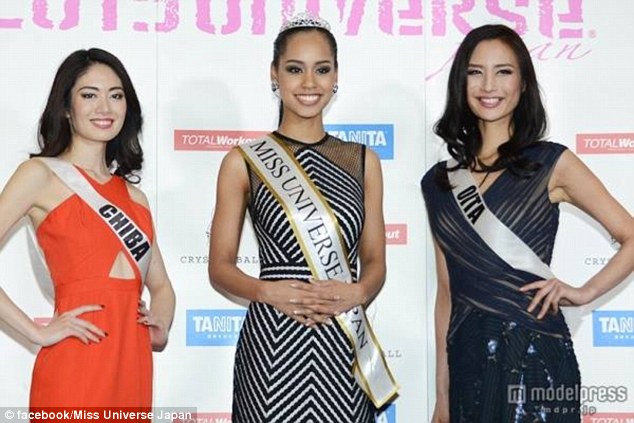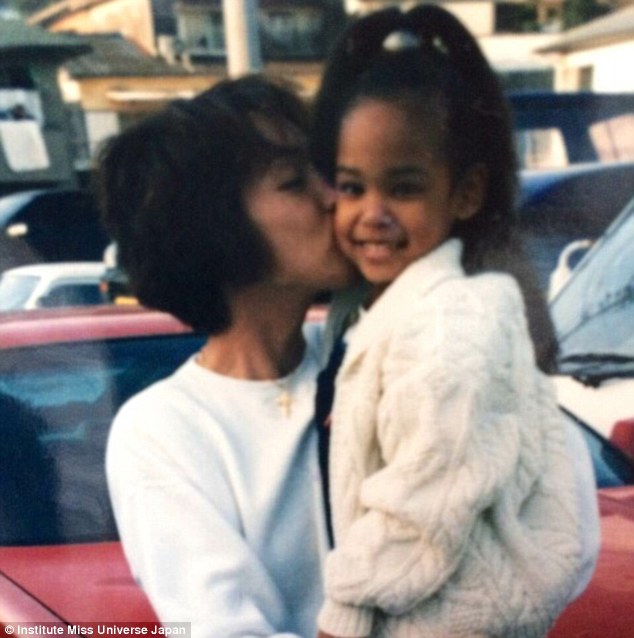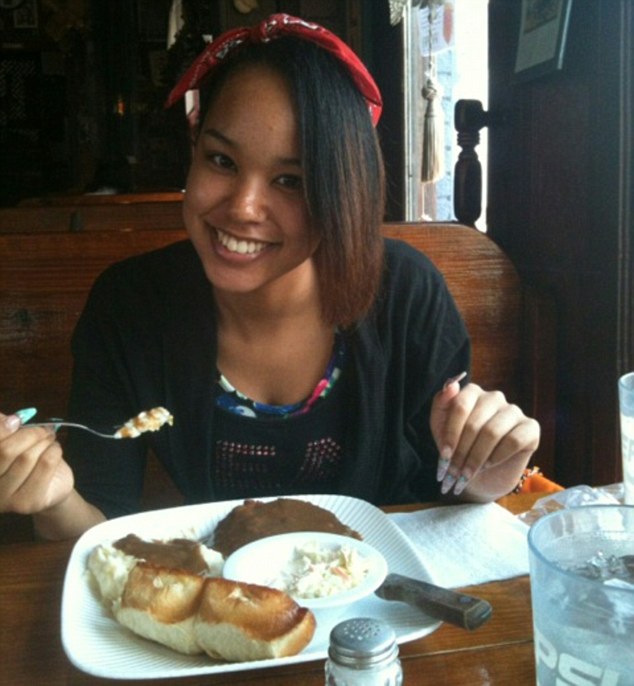An inevitable issue of racial discrimination has hit Japanese society as the first ever biracial Miss Japan was crowned to represent Japan in the Miss Universe Pageant.
Ariana Miyamoto, 20, was born and raised up in Japan, speaks fluent Japanese and is a Japanese national, but has incurred criticism against her “skin colour” after she won the competition.
The challenge won’t stop along with the end of the competition. With her non-stop smiling, the beauty queen has to be prepared for more criticisms and hostility as she is considered as not “Japanese enough” by some.
“Is it okay to choose a hafu to represent Japan?” one commenter wrote online after Ariana’s win.
The phrase “Hafu” literally means “half Japanese” in Japan. Over the past month, Ariana has dealt with not only harsh criticisms, but also doubts of her “actual identity” is Japanese or not. Ariana has suffered a lot since her childhood because of her African-American father.
Arkansas, Ariana’s father Bryant Stanfield, 43, said he couldn’t stop from smiling since his daughter won the Miss Japan title from a line up of more ‘typical’ looking Japanese women in April. As a father, Bryant recalled how his lovely daughter was treated unfairly and bullied in school simply because of her “different” look among her Japanese classmates.
“She’s told me all about the bullying and how kids used to treat her; how they hated her [wavy] hair; threw things at her; even threw trash at her,” he said.
“All pretty despicable stuff. But I always told her, and her Mom said too, ‘you gotta be tough.'”
“I am a Japanese through and through,” Ariana said. Despite all the racist comments on her appearance, the beauty queen said that she was deeply influenced by Maria Carley’s struggle to battle discrimination and become one of the top artists as well as her biracial friend’s suicide. She is keen to beat racial discrimination in Japan by winning this meaningful competition.
According to Theodore Bestor, a professor of Anthropology and Japanese Studies at Harvard University, Japan and both Koreas are the top racially homogeneous countries and massively unwilling to open up their arms to embrace an influx of foreigners
“I feel like Japan belongs to me but I don’t belong to it.” said Maiko Reimann, who was born in Japan with her Japanese mother and German father, now lives in Australia. “It makes me feel really hard to say I am Japanese because I feel resisted.”
Similar to most of other biracial Japanese, Ariana never stopped her battle against racial abuse. With the beauty queen’s title, she has successfully drawn more attention to this issue than before.
“Please tell Japan to just accept her, and just be be proud of her. Though I know they will never be as proud of her as I am,” concluded Ariana’s father.



